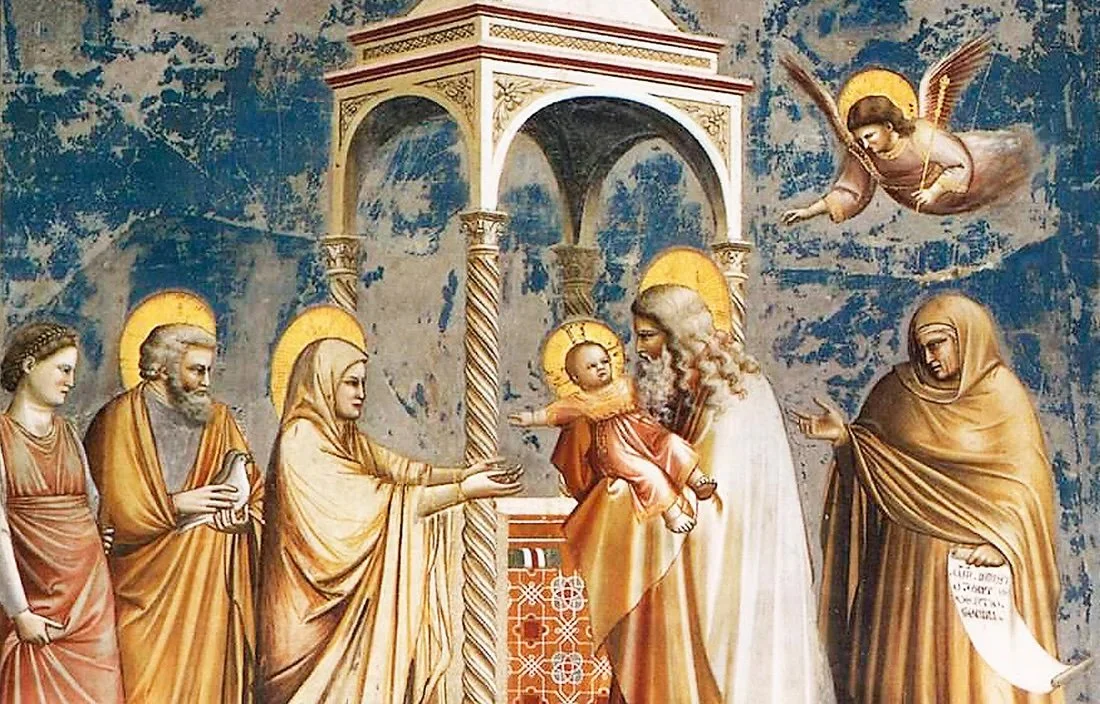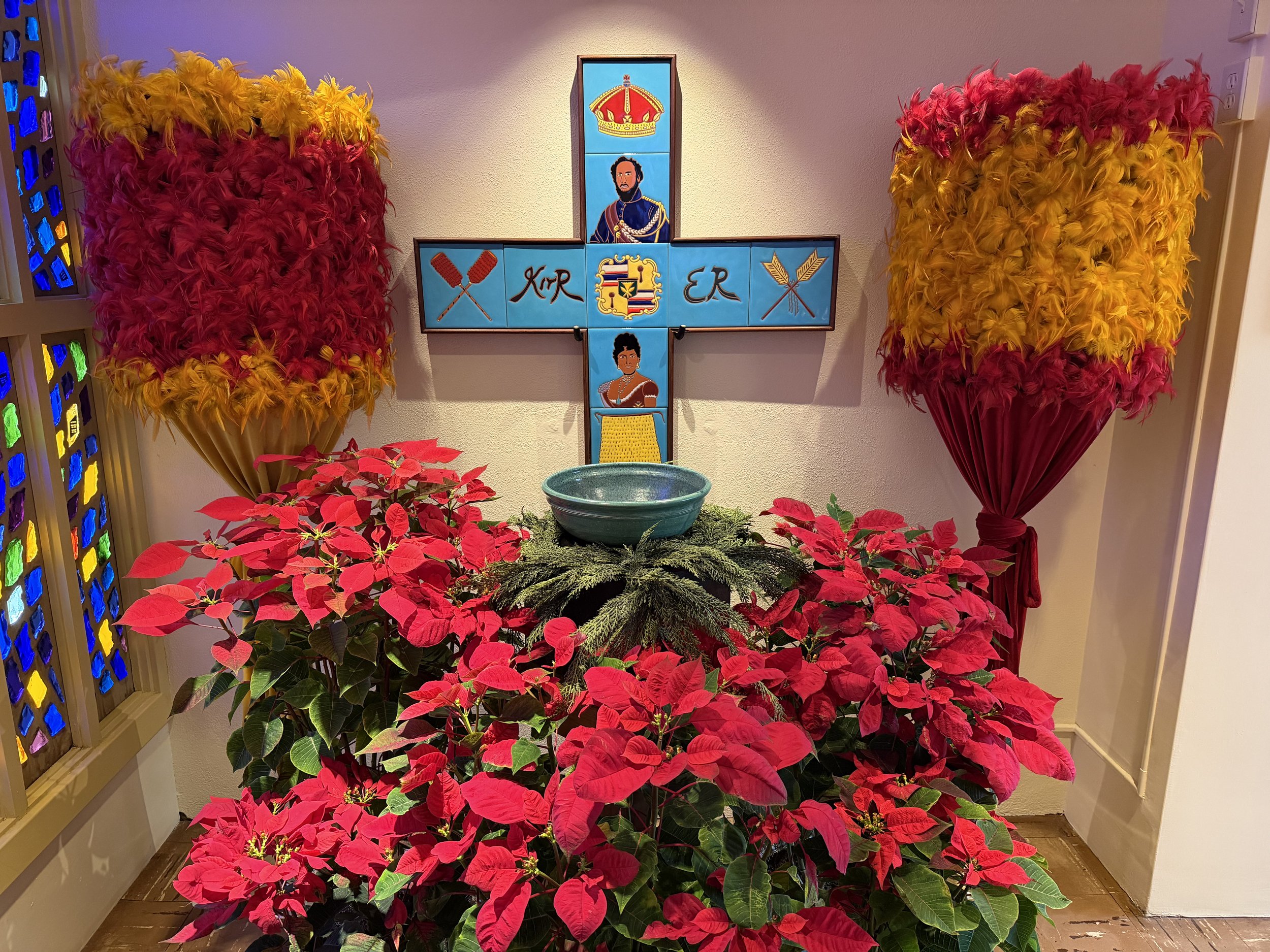From the Rector: Palms, Passion, and Ontology
/Palm Sunday 2022
Why Holy Week?
Why bother with Holy Week some people might ask? After all, isn’t every Sunday of the year a celebration of the death and rising of Christ? Isn’t coming on Sunday enough?
If you did a quick survey of churches you will find that fewer and fewer of our parishes are celebrating the full schedule of Holy Week services. This was the case before the pandemic, and the pandemic sped up this reality. Many churches are mostly older people, and some people have said it is pointless to have any services in the evening. This is why services such as Maundy Thursday and the Easter Vigil are becoming increasingly rare. Yet when that idea is mentioned to seniors that the church thinks they cannot go out at night, many are offended by the idea that they must be home by 7:00 pm. As one senior recently told me, not all seniors like to eat dinner at 3:30 pm!
But regardless of the age of parishioners, there is another reason that many Episcopalians reduce Holy Week. To say it plainly, if you do not believe in the resurrection of Jesus Christ, there is little reason to celebrate Holy Week. If you wish to downplay the crucifixion, believing that atonement theology is problematic - that Jesus did not need to die for our sins - you probably could care less about Good Friday. For many Episcopalians, the teaching and healing ministry of Jesus is more important than the death and rising of Christ, and yet I am not sure why these events need to be an “either-or.” They are “both-and” scenarios. The healing and teaching of Jesus reaches its culmination in the cross and the resurrection. Nevertheless, some believe the Creed we profess on Sundays is inadequate - that it focuses too much on Jesus’ death and resurrection, and that it fails to mention more of his healing, teaching, and prophetic ministries.
With all of this to unpack, we are here on this Sunday of the Passion, the first day of Holy Week, to wave palms and to hear Luke’s version of the Passion, because we have come to celebrate the death and rising of Jesus. In this church we celebrate the death and rising of Christ without hesitation.
It is true that every Sunday, or even every mass for that matter, is a celebration of the death and rising of Jesus. When we gather here, as I have said so many times before, we are not merely remembering a past event, but rather we are transported to Calvary, and we live the death and resurrection of Jesus Christ. We are here, celebrating this sacrifice, as it participates in the eternal and timeless sacrifice of Jesus Christ.
And because we are not merely remembering, we have the real possibility of being changed: being molded into the Body of Christ. The events of the first Holy Week are still saving people’s lives, making new followers of Jesus Christ, saving the world from itself, and doing the work of turning everything and everyone to God.
We are not mere bystanders. We are a people changed by Christ’s death and rising. A simpler way of saying it is this: the grace of God transforms us. God works in us and changes us. The question is not “why celebrate Holy Week?” The question becomes “how can we not celebrate Holy Week?” Just as we find great joy in worshiping God Sunday after Sunday, and just as we get excited by every weekday feast, we would not dare miss the liturgies of Holy Week. These days mean so much to us. They bring the cross and the resurrection to the forefront of our lives, and without the events of these days, we find ourselves empty, or even dead.
One of the fancy words in the church is the word ontology. The idea of ontology is that we are transformed by God’s working within us. At each of our baptisms, God begins the work of plowing and gardening in our hearts. God starts to grow new life within us. When we receive the Sacraments, that grace from God is increased within us, and we are strengthened by God’s power. When we go to mass, God’s grace multiplies within us. When we get confirmed, married, or ordained, or receive unction, grace increases within us. These are life and death events for us. We find that God is forever hosting us with his Sacraments of the kingdom, so that we might grow into the full stature of Jesus Christ.
If our lives were mere function, than we could skip Sundays and we could skip Holy Week, but we are not merely functionary. We do not only do “things” and complete tasks. We are beings - beings that are saved by the cross and the empty tomb - beings that have the divine potential to grow in grace. With this in mind, we never ask what we “have” to do. Rather we live for the service of God. We live for the mass. We live for Holy Week. We live to glorify Jesus Christ. Why do we do Holy Week? That’s the wrong question. How could we not do Holy Week, as people who love and adore Jesus?
Father Paul Lillie +








